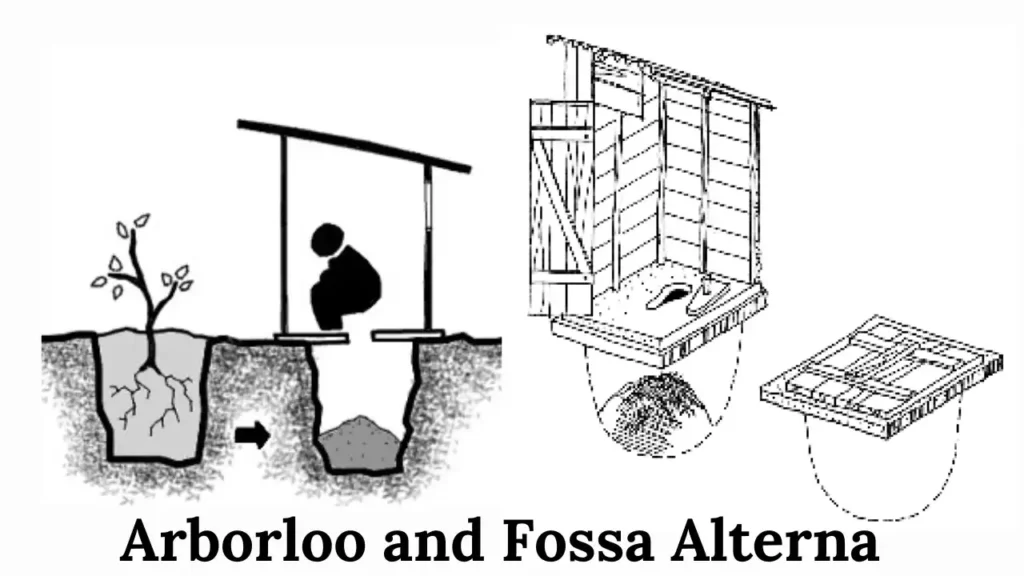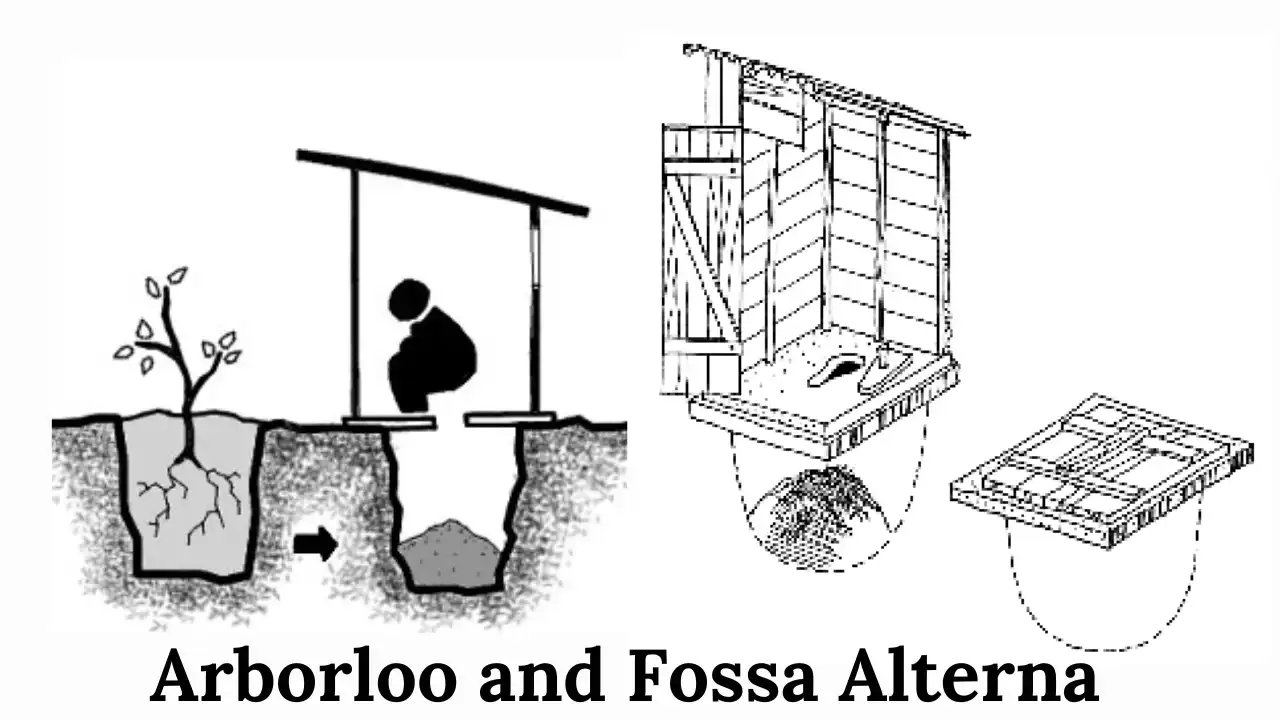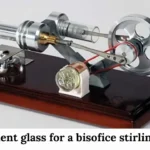Ablorloo and Fossa Alterna a Joint Publication by IRC

Ablorloo and Fossa Alterna a Joint Publication by IRC, The global sanitation crisis is one of the most pressing yet under-addressed challenges of our time. More than 2 billion people worldwide lack access to adequate sanitation facilities, particularly in rural and peri-urban regions of developing countries.
This has severe implications for public health, environmental sustainability, and social dignity. Traditional sanitation systems, like pit latrines, often fall short due to their environmental impact, lack of sustainability, and health risks.
In response to these challenges, sustainable sanitation solutions, such as ecological sanitation (EcoSan) systems, have gained traction. Two innovative EcoSan technologies, the Ablorloo and Fossa Alterna, have been jointly studied and promoted by the IRC (International Resource Centre for Water Supply and Sanitation). This article explores these two systems, focusing on their design, benefits, and the significant role played by IRC in supporting their implementation.
Ablorloo: A Simple and Sustainable Sanitation Solution
The Ablorloo is a type of ecological sanitation system designed to address the needs of communities with limited access to modern sewage infrastructure. It is a low-cost, composting toilet system that promotes waste recycling and soil health by turning human waste into compost.
The name “Ablorloo” originates from a sanitation program developed in Ghana, which aimed to create an affordable and simple toilet that could be constructed using locally available materials.
Key Features of Ablorloo and Fossa Alterna a Joint Publication by IRC
Design and Structure: The Ablorloo is built with a simple superstructure, typically using materials like bamboo, mud bricks, or other locally sourced components. It is designed to separate urine from solid waste, which aids the composting process.
Odor and Fly Control: A key feature of the Ablorloo is its ability to control unpleasant odors and reduce the presence of flies. After each use, a layer of ash, soil, or sawdust is added to the solid waste, which not only helps neutralize odors but also aids in decomposition and prevents flies from breeding.
Composting Process: Over time, the solid waste in the Ablorloo decomposes through a natural composting process. The mixture of human waste and organic matter breaks down into nutrient-rich compost, which can later be used to improve soil fertility in agriculture. This process typically takes 6 to 12 months.
Benefits of the Ablorloo
Affordability: The Ablorloo is highly cost-effective, making it accessible to low-income households and communities. Its simplicity allows families to construct and maintain it without needing expensive materials or specialized knowledge.
Environmental Sustainability: The Ablorloo promotes ecological sustainability by recycling waste. Instead of polluting water sources or the environment, human waste is transformed into a valuable resource—compost—that can enhance soil health and agricultural productivity.
Health Improvements: The use of an Ablorloo reduces the health risks associated with open defecation, such as the spread of diseases like cholera, diarrhea, and other waterborne illnesses. By providing a safe and sanitary option for waste disposal, communities can see significant improvements in overall health.
Fossa Alterna: An Effective Alternating Pit Latrine
What is the Fossa Alterna?
The Fossa Alterna, or alternating pit latrine, is another type of ecological sanitation system that has been studied and promoted by IRC. Unlike traditional pit latrines, which are often deep and permanent, the Fossa Alterna uses shallow pits that alternate between active use and composting. This design allows for continuous use while providing a method for safe waste disposal and composting.
Design and Operation
Alternating Pits: The Fossa Alterna features two shallow pits. When one pit is full, it is sealed off and allowed to rest while the second pit is brought into use. During this resting period, the contents of the first pit undergo a natural composting process, transforming the waste into safe, usable compost. This alternating system ensures that the latrine is always in use without the need for frequent emptying or relocation.
Composting Process: Like the Ablorloo, the Fossa Alterna uses a composting process to break down human waste. The shallow depth of the pits allows for better aeration, which speeds up the decomposition process. After about 1 year, the waste in the full pit is fully composted and can be safely removed for use as a soil conditioner.
Advantages of Fossa Alterna
Continuous Use: One of the primary advantages of the Fossa Alterna is its ability to provide uninterrupted service. With two alternating pits, there is always one pit in use while the other is composting, ensuring that the system never needs to be abandoned or relocated.
Safe Composting: The composting process in the Fossa Alterna renders the waste harmless, eliminating pathogens and producing nutrient-rich compost. This compost can be used to improve soil fertility, promoting sustainable agriculture and food security in the community.
Long-term Sustainability: The Fossa Alterna is designed for long-term use. Once both pits are filled and composted, the compost can be safely removed and the process can begin again. This cyclical nature makes it a highly sustainable option for sanitation in areas with limited infrastructure.
The Role of IRC in Promoting These Technologies
IRC’s Mission and Focus
The IRC is a globally recognized organization dedicated to improving water supply, sanitation, and hygiene in developing regions. Through research, capacity building, and advocacy, IRC helps governments, NGOs, and communities implement sustainable solutions to their sanitation challenges. The organization has been instrumental in researching and promoting the Ablorloo and Fossa Alterna as part of its broader mission to ensure universal access to safe sanitation.
Research and Joint Publications
The IRC’s joint publications on Ablorloo and Fossa Alterna provide detailed guidance on the construction, use, and benefits of these systems. These publications draw from case studies across various countries, showcasing successful implementations of these technologies. By documenting best practices and lessons learned, IRC’s research serves as a valuable resource for communities, NGOs, and governments seeking to adopt these sanitation solutions.
Technical Guidelines and Support
In addition to research, IRC provides technical guidelines and ongoing support for the implementation of the Ablorloo and Fossa Alterna. This includes practical manuals for construction, maintenance, and operation, as well as capacity-building programs to ensure local ownership and sustainability.
The Impact of Ablorloo and Fossa Alterna
Health Improvements
Both the Ablorloo and Fossa Alterna contribute significantly to improving public health. By providing safe and hygienic options for waste disposal, these systems reduce the incidence of diseases related to poor sanitation, such as cholera, typhoid, and diarrhea. This is especially important in regions where open defecation is prevalent, and access to clean water is limited.
Environmental Benefits
From an environmental perspective, these systems offer a sustainable solution to human waste management. By turning waste into compost, they reduce the contamination of water sources and promote a circular economy. The compost produced can be used to improve soil quality, contributing to sustainable agriculture and food security.
Community Adoption and Success Stories
The adoption of these systems has led to positive changes in communities around the world. In countries like Ghana, Zimbabwe, and Malawi, the Ablorloo and Fossa Alterna have been successfully implemented, leading to improved sanitation, better health outcomes, and enhanced agricultural productivity. These success stories serve as powerful examples of how simple, sustainable technologies can have a transformative impact on communities.
Conclusion
The global sanitation crisis demands innovative, affordable, and sustainable solutions. The Ablorloo and Fossa Alterna are prime examples of ecological sanitation systems that not only provide safe and hygienic waste disposal but also contribute to environmental sustainability and community development. Thanks to the IRC’s joint publication and technical support, these systems are making a real difference in improving sanitation for underserved populations.
By investing in and promoting such technologies, governments, NGOs, and communities can take significant steps toward achieving universal access to safe and sustainable sanitation, thereby improving public health and fostering environmental stewardship.



No Comment! Be the first one.